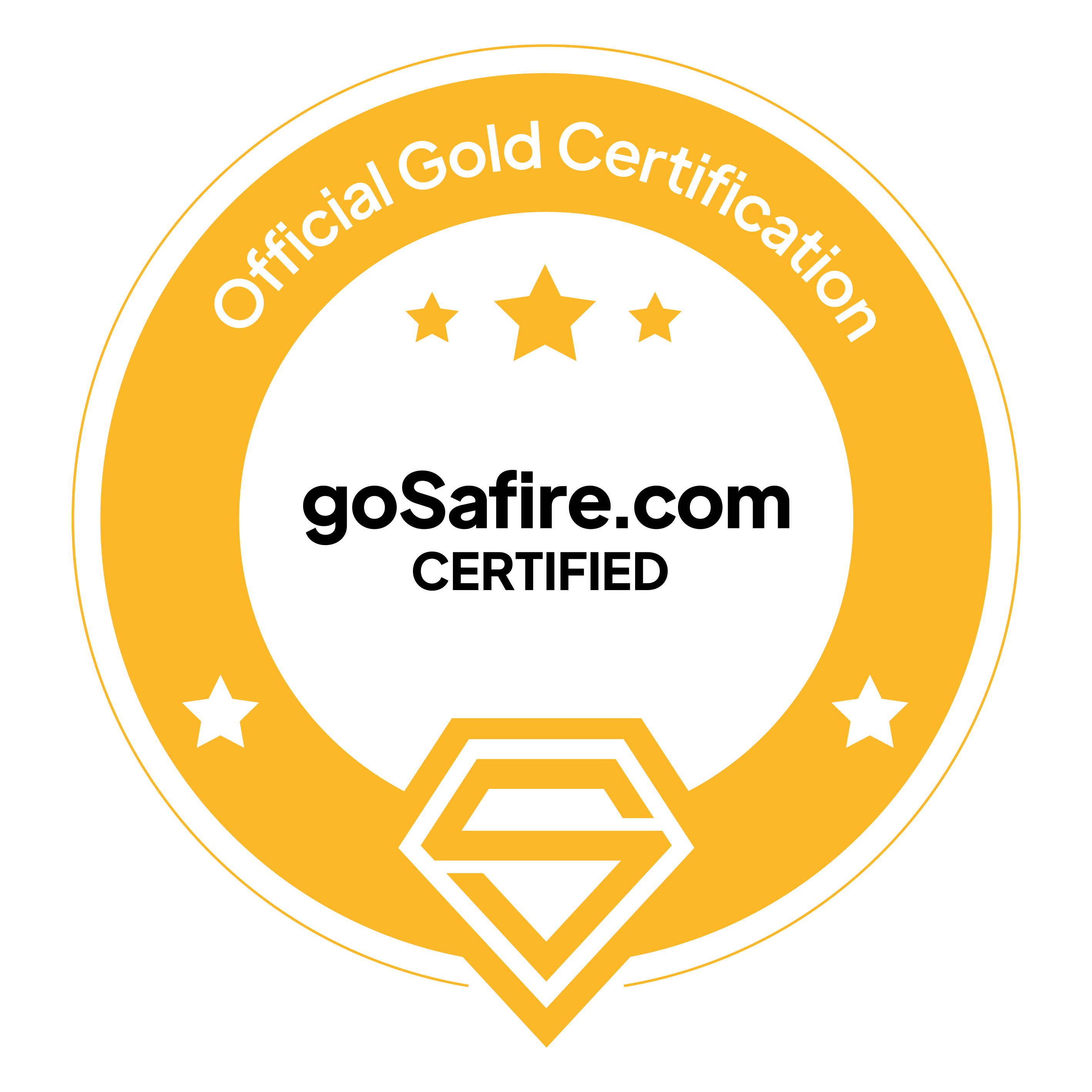Forex Broker
Filters
| Trader | Status | Currency Pairs | Leverage | Regulations | Certification |
|---|---|---|---|---|---|

Dukascopy |
Approved | 60+` | up to 1:200 | Web | MetaTrader 4 | Specific | Binary Platform |

|

Anzo Capital |
45+ | up to 1:500 | IFSA |
|
Partnering with a Reliable Forex Broker for Market Success
Forex trading has grown in popularity in recent years, with individuals and organizations entering the volatile realm of foreign exchange.
Imagine you want to buy and sell different currencies, like dollars for euros or yen. The foreign exchange market (forex market) is a giant marketplace where this happens, but it can be complicated to enter.
What is a Forex Broker?
A forex broker serves as a middleman between traders and the market, delivering important services such as trade execution, trading platforms, top forex indicators and access to multiple currency pairs.
They offer a platform, like an app or website, where you can see the prices of different currencies and buy or sell them with a few clicks.
A good forex broker should be reliable and trustworthy, just like any company you give your money to. They should also have a user-friendly platform that’s easy to understand, even for beginners.
Here are some things to consider when choosing a forex broker:
- Trustworthiness: Make sure the broker is licensed and regulated by a financial authority.
- Platform: Does the platform offer the features you need, like real-time quotes and charting tools? Is it easy to use?
- Costs: How much does it cost to trade with this broker? Consider things like spreads (the difference between the buying and selling price) and commissions (fees charged per trade).
- Customer Support: Does the broker offer helpful and easily accessible customer support if you have questions?
Forex trading can be risky, so it’s important to educate yourself before you start. Many brokers offer educational resources and practice accounts to help you learn the ropes.
Are forex brokers regulated?
Yes, reputable forex brokers are regulated by financial authorities in their respective jurisdictions. Regulation helps ensure transparency, client fund protection, and adherence to industry standards. Always verify a broker’s regulatory status before opening an account.
What trading platforms do forex brokers offer?
Can I trade with a forex broker if I have little or no experience?
Yes, forex brokers cater to traders of all skill levels, including beginners. Many brokers offer educational resources, demo accounts, and tools to help newcomers understand the basics of forex trading. It’s important to educate yourself, practice with a demo account, and gradually increase your trading knowledge and skills.
What are the costs associated with forex trading?
Forex trading involves costs such as spreads (the difference between the buy and sell prices), commissions (charged on certain types of accounts), and overnight swap fees (for positions held overnight). It’s essential to understand a broker’s fee structure and factor these costs into your trading strategy.
How can I contact customer support at a forex broker?
Most forex brokers provide multiple channels for customer support, including phone, email, and live chat. The availability and responsiveness of customer support can vary, so it’s advisable to choose a broker with reliable and easily accessible support options.
Can I trust forex brokers with my funds?
Reputable forex brokers prioritize the security of client funds. They typically keep client funds segregated from their operational funds and may offer additional safeguards, such as account insurance or membership in compensation schemes. It’s crucial to choose a licensed and regulated broker with a strong reputation to ensure the safety of your funds.
Let's stay in touch!
Sign up for our community update mailing list to stay informed.
Copyright 2024 | Powered by Coding4u